Driving global food system transformation with Kees Kruythoff
Kees Kruythoff is a globally experienced business person and entrepreneur who has lived and worked in Europe, South Africa, China, Brazil, and the U.S. He’s committed to building solutions to create a more sustainable and equitable world, but his real passion is finding solutions to drive transformation of the global food system.
- Podcast
5 min read

From Unilever to Summa Equity
For 27 years Kees worked for Unilever, leading the implementation of the Unilever Sustainable Living Plan, but having left Unilever in 2019, Kees is now Thematic Chair for Sustainable Food for Summa Equity.
“While the biggest challenge for the world right now is around climate change and inequality, there’s one system which desperately needs our attention and the moment you see it you can’t unsee it, and that’s our food and agriculture system. How we eat is destroying the planet.”
Our food system is destroying the planet
Over the last 50 years the global population has doubled and agriculture capacity has tripled, which is an incredible achievement, but the unintended consequence of this is absolutely horrific. In Brazil for example, says Kees, 90% of deforestation in the Amazon is linked to rearing animals for food.
So, is the solution to our broken food system to go plant based? What other solutions really are there? And what do these solutions actually require of the food industry? And of us as a consumer?
The broken food system is a wicked problem, says Kees, and like any wicked problem, it has multi dimensional parts, which have to be resolved. In fact, there are six real problems in the broken food system:
-
800 million people go to bed hungry
-
Two and a half billion people are food insecure
-
The true cost of the system is much higher than we think
-
20% of the total health costs in the world are directly related to food
-
1/3 of all food is wasted
-
34% of the total greenhouse gasses in the world are directly or indirectly being associated with the current food system
So where can we start to make change? By switching from an animal based food system to a plant based food system, says Kees. Because it’s a lower emission form of protein.

What we can learn from Paul Polman
Unilever has a $50 billion revenue, $150 billion plus market cap with more than 170,000 people in 180 countries. Yet since 2009, Unilever has been working to achieve a sustainable living plan. So what can we learn from Paul Polman and this global corporation?
Courageous leadership starts with a clear North Star
It all starts with courageous leadership, says Kees, and courageous leadership starts with having a very clear North Star. Back in 2009 at Unilever, they said they wanted to double Unilever and at the same time halve their environmental footprint, while increasing their social impact. And they did that by putting purpose at the core of their business model. Because, says Kees, purpose and performance are one and the same thing. And they held themselves accountable by being 100% transparent.
The evolution in the food industry
With this desperate need to transform the global food system, what change has Kees seen in the food industry as a whole lately?
“If you look at the bigger companies, the Danone’s, or the Nestle’s, or Unilever’s of the world, everybody has very, very clear targets that have been set. Which is good. But the reality is that business is responsible for achieving these targets and progress is far, far too slow.”
One of the biggest enemies to transformation, says Kees, is the legacy systems that are still in place. Humans really do want to do their best, and to bring about tangible change, but too often it can seem like a hard thing to do, particularly when the legacy systems are so strong. For example, changing consumer habits.
In a global food system, the consumer is the boss, says Kees, to get them to change their food consumption, you need to create a value proposition that is irresistible. It needs to taste good, be nutritionally valuable, and cost effective. If you don’t achieve these three things, you can’t hope to change consumer habits, and you can’t hope to shift the system. And we saw this during the pandemic.
In 2020, there was an enormous upturn towards alternative sources of protein away from meat, but since then, the desire for plant based protein alternatives has cooled off, because, says Kees, the taste wasn’t good enough, the nutritious values weren’t good enough – there was too much salt in it – and ultimately, the pricing wasn’t competitive.
Food is our medicine
We have multiple global crises ongoing right now, and a lot of them are linked to food, says Kees. Climate change is linked to food, our biodiversity issues are linked to food, as are our health problems. If we’re just a little more conscious about what we’re eating, and where our food comes from, and what kind of ingredients go into it, we could live a longer and more happy life, we can improve the planet, and we can improve biodiversity.
“Food is one of the biggest problems that we have. But it’s also the medicine we put in our mouth every day. So there’s a huge upside just by making small changes, and we all can do it.”
The Summa Summarum newsletter
Sign up to our newsletter
Latest readings
News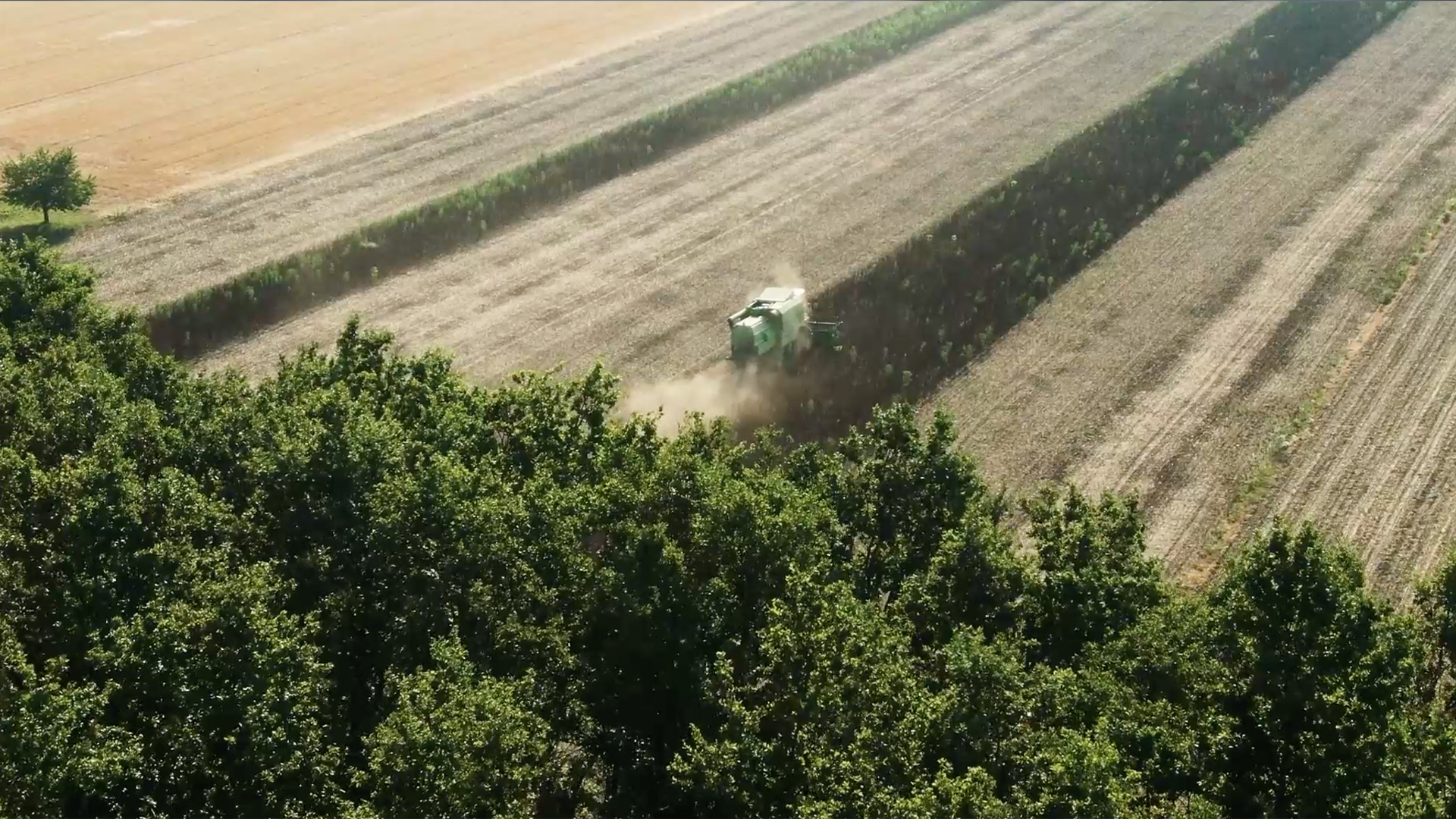
The case for scalable regenerative agriculture
Read more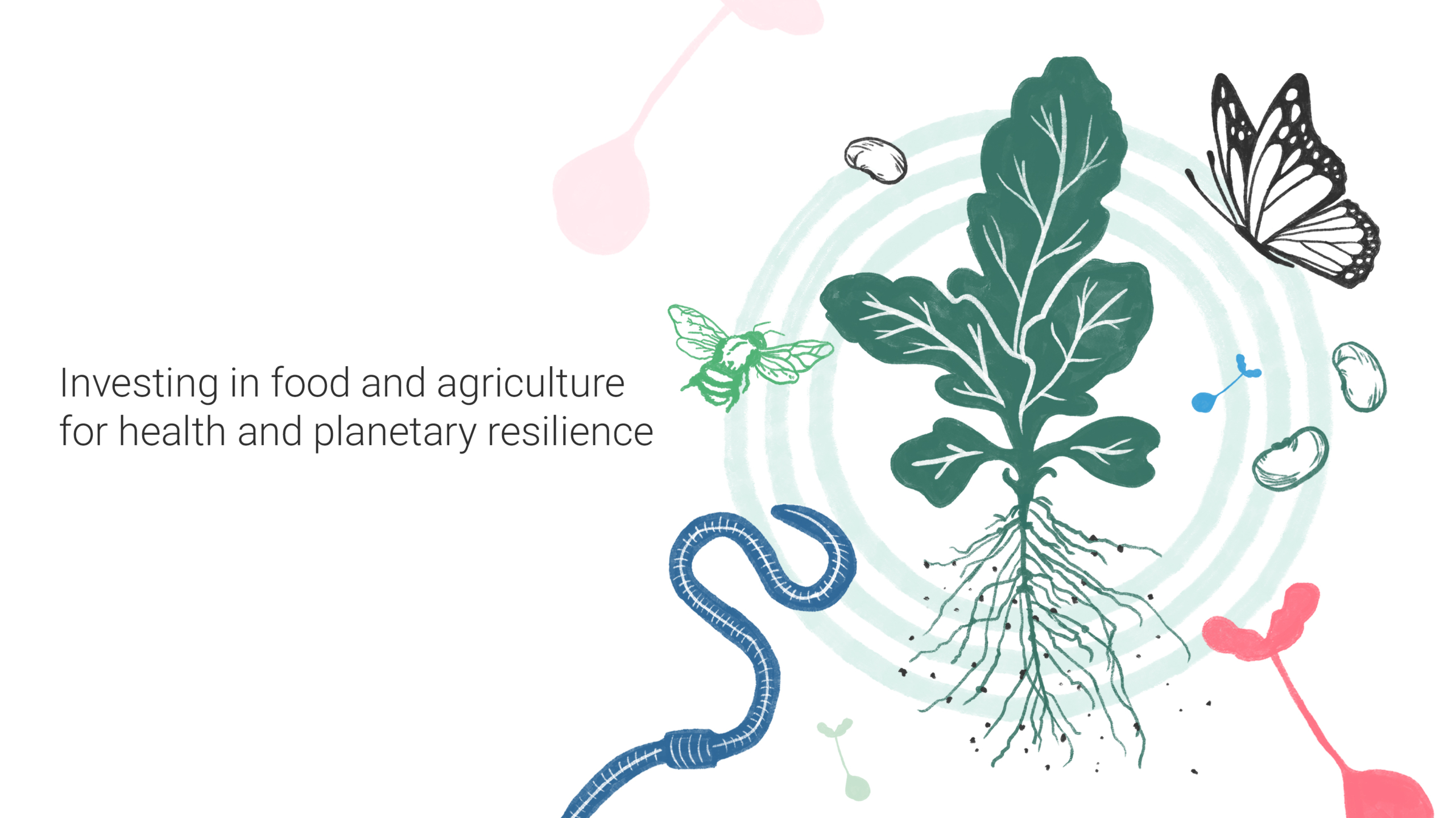
Investing in food and agriculture for health and planetary resilience
Read more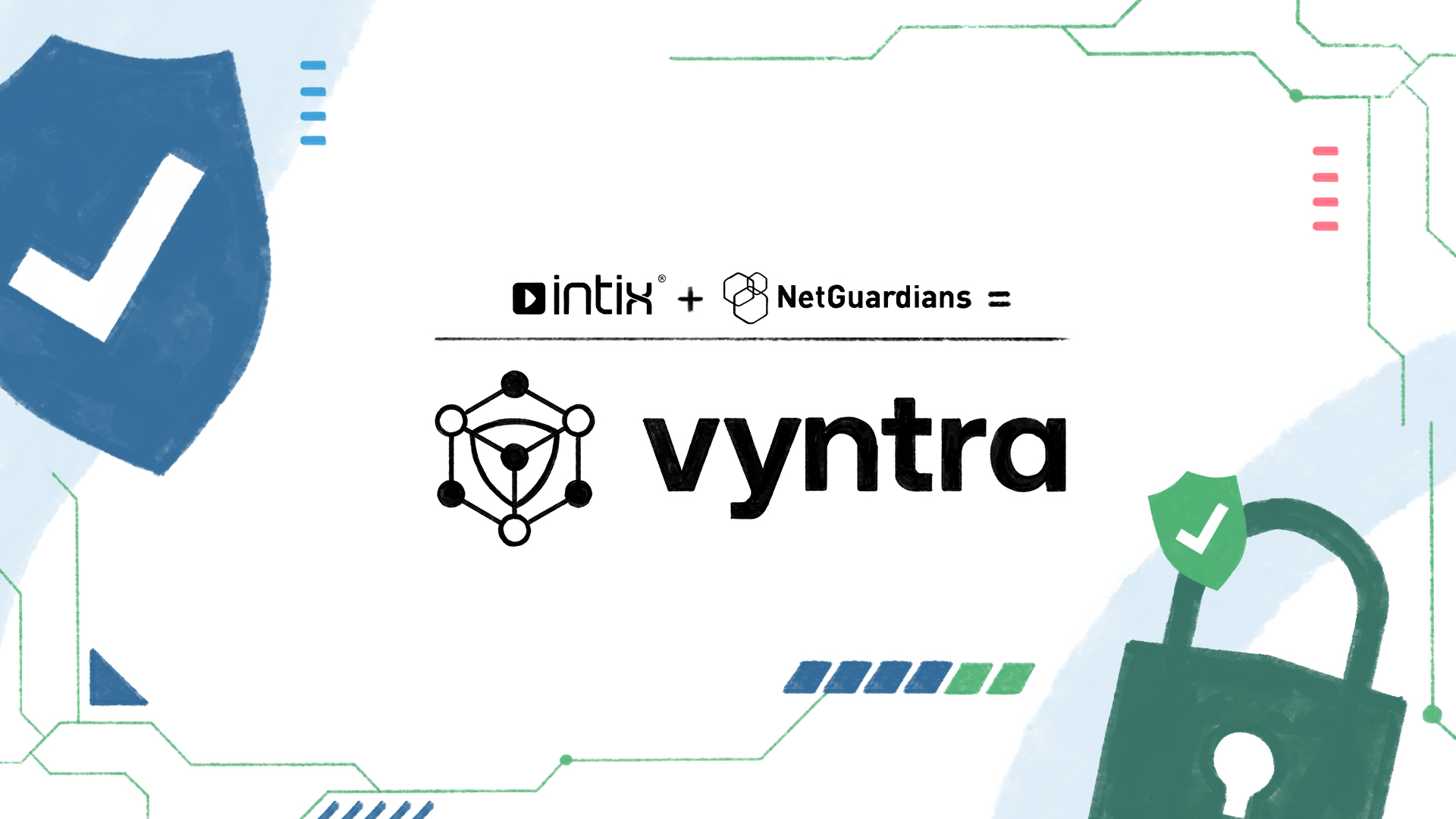
NetGuardians and Intix unite to form Vyntra
Read more
Planetary boundaries as a guiding framework for sustainable growth
Read more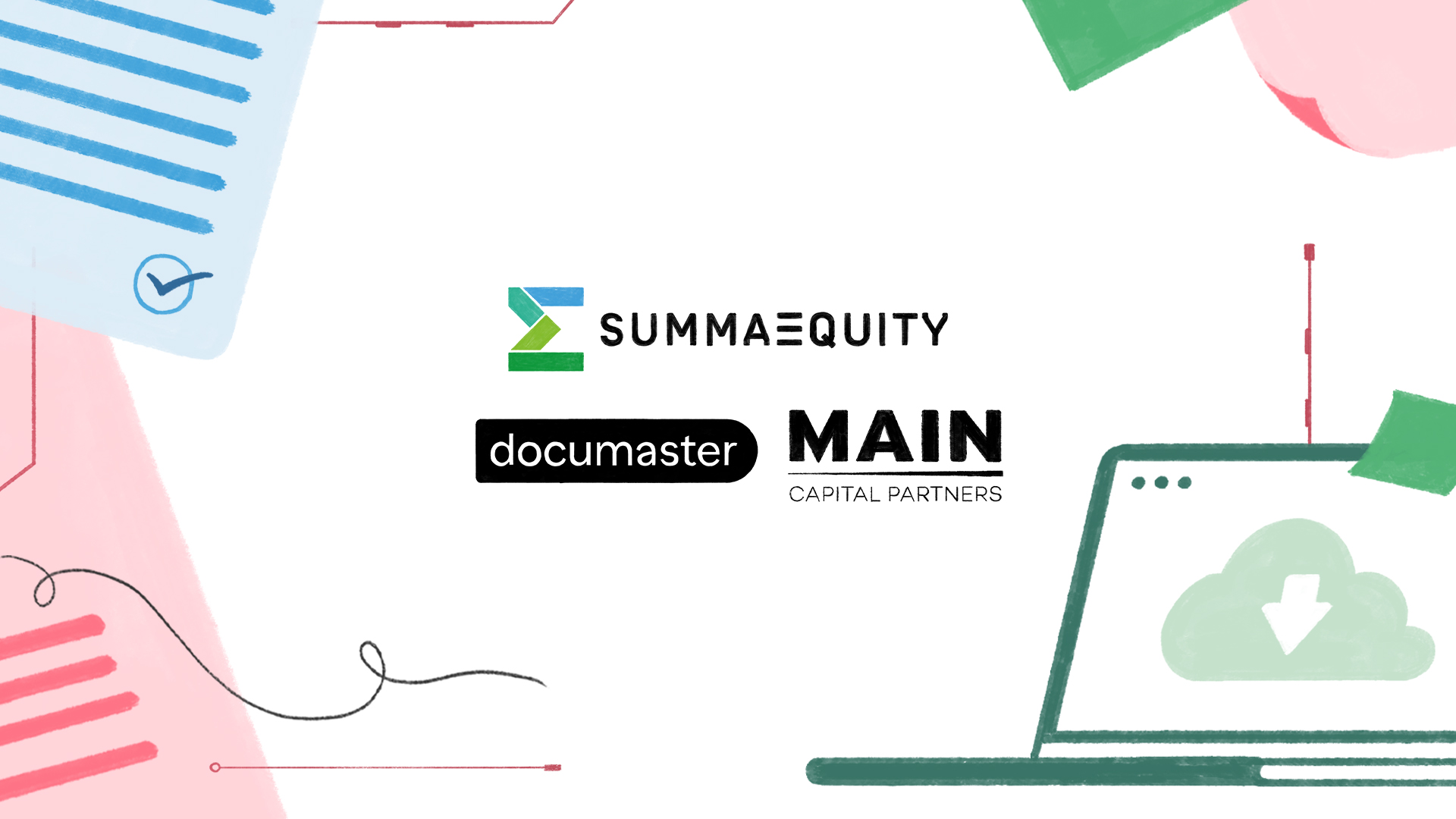
Summa Equity announces exit from Documaster
Read more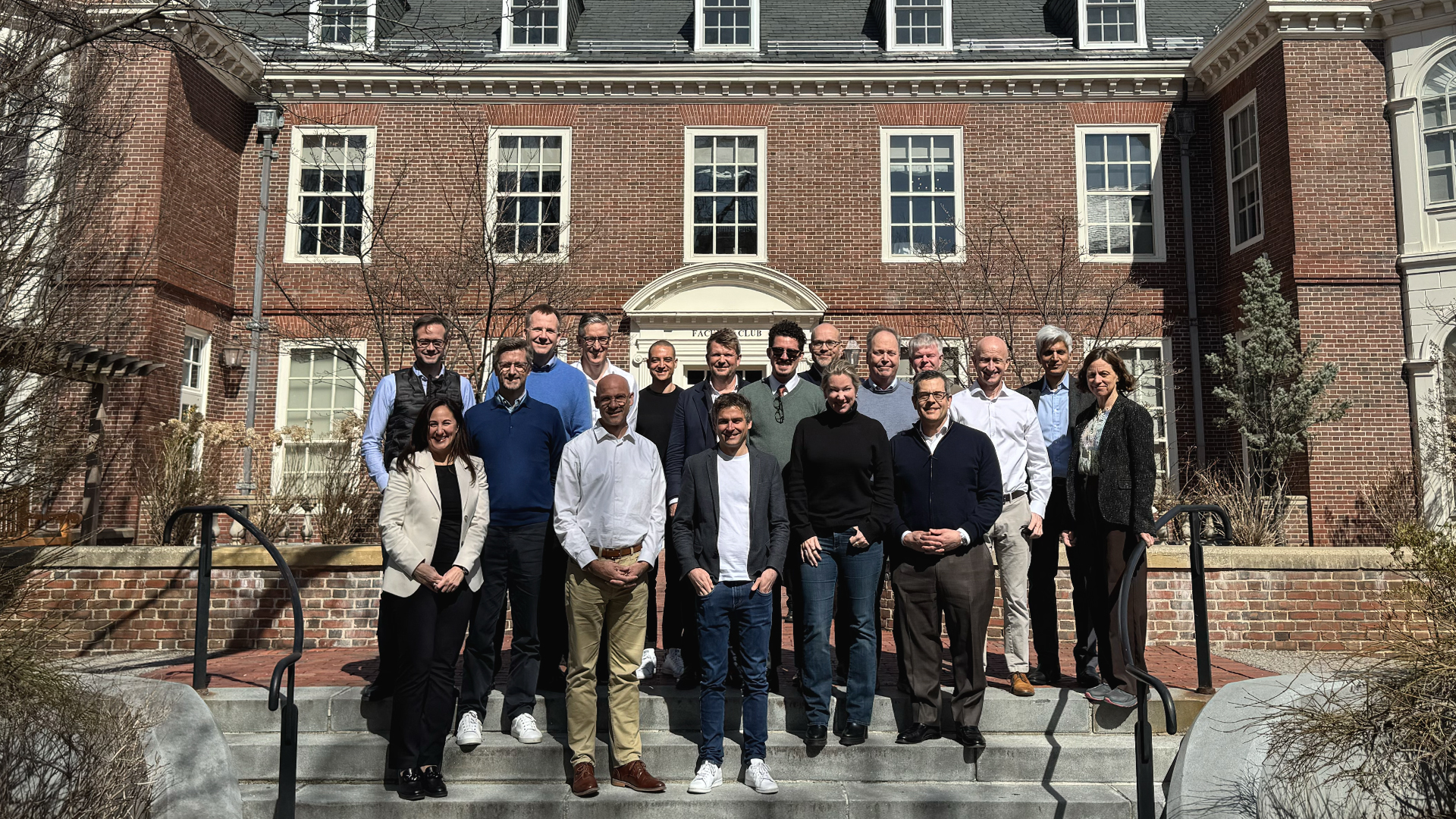
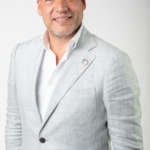 Kees Kruythoff
Kees Kruythoff